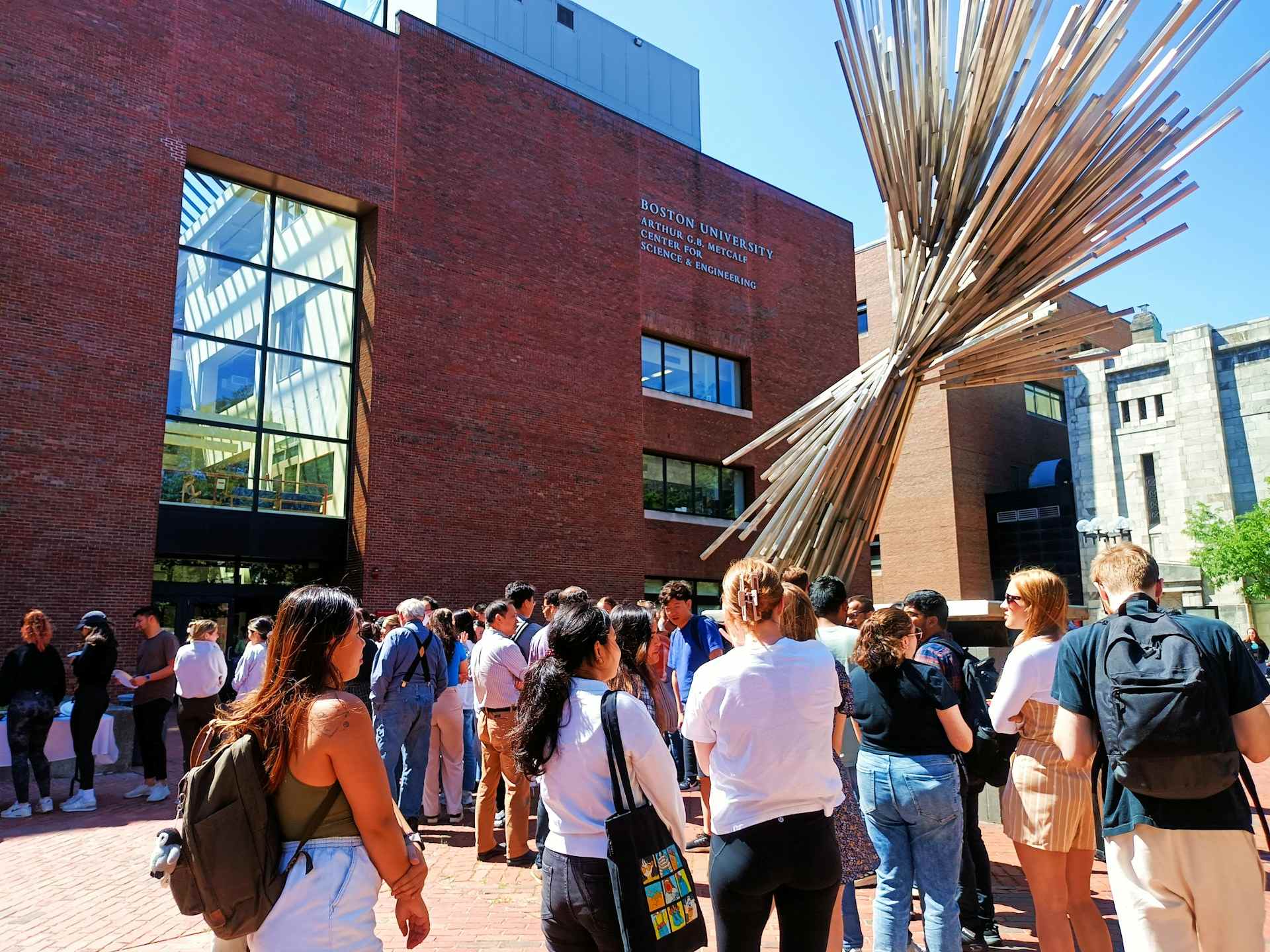A rare federal trial now underway in Boston is drawing national attention as it examines whether the U.S. government unlawfully targeted international students and scholars over pro-Palestinian speech. The plaintiffs, including faculty organisations from Harvard, NYU, and Rutgers, allege that visa revocations under a Trump-era policy violated constitutional rights and chilled academic freedom across university campuses.
The case centres on actions taken by the State and Homeland Security Departments, which revoked student visas and ordered deportations allegedly tied to peaceful demonstrations and campus advocacy. For the plaintiffs, the legal question is clear: can political expression, even if controversial, be grounds for expulsion from the country without due process?
Witness testimonies from students affected by the policy paint a picture of academic disruption and fear. Some paused public appearances, retracted research work, or considered abandoning their studies altogether. Their stories highlight the growing anxiety among international scholars about whether political views could risk their legal status. U.S. District Judge William Young, who is presiding over the case, has emphasised the importance of a full trial to examine these concerns in depth.
The trial comes at a time when free speech, immigration, and academic independence intersect in increasingly complex ways. A ruling in favour of the plaintiffs could place new constraints on federal authority, limiting the use of immigration law to target ideological expression. It could also trigger wider reviews of how campus activism is handled by both universities and the federal government.
For legal professionals advising academic institutions, the implications are significant. This case may set a precedent for how visa-related decisions must align with First Amendment protections, especially within educational settings. Institutions may need to reconsider policies related to political expression, support frameworks for international students, and strengthen legal protocols in dealings with federal agencies.
As the trial continues over the next two weeks, its outcome could reshape the landscape of campus speech rights and immigration enforcement. What’s at stake is not only the fate of the affected students, but the boundaries of lawful dissent in an evolving academic and legal climate.


